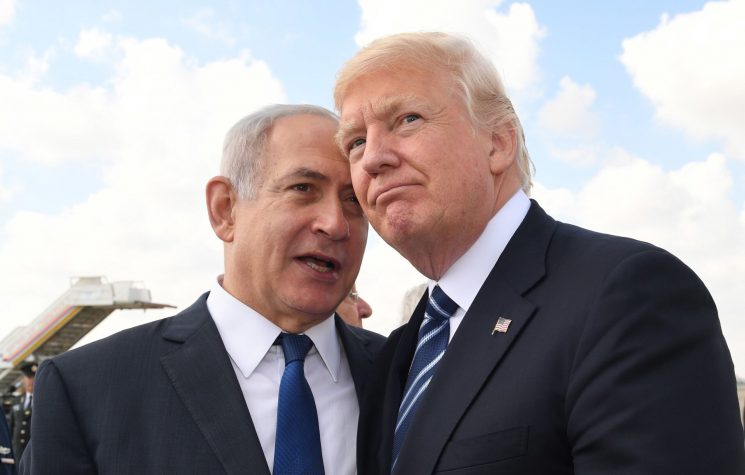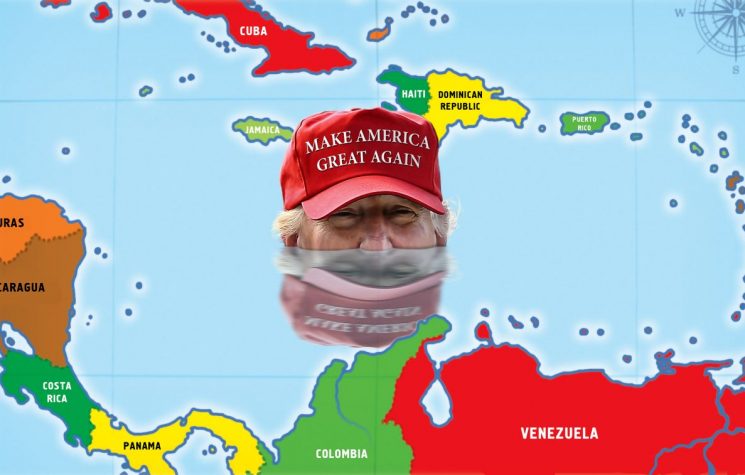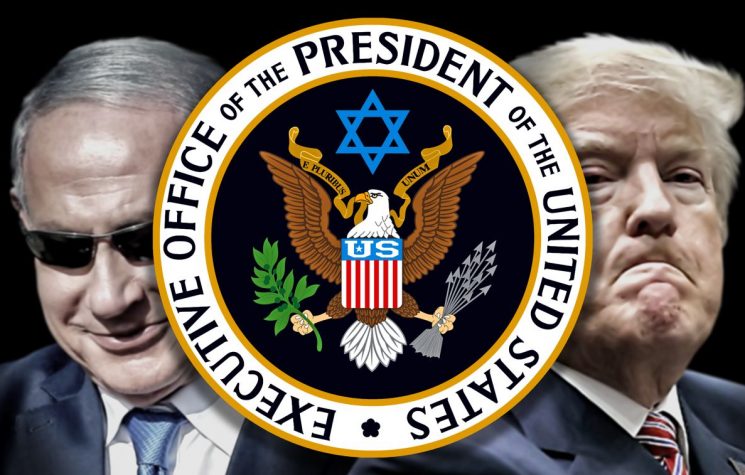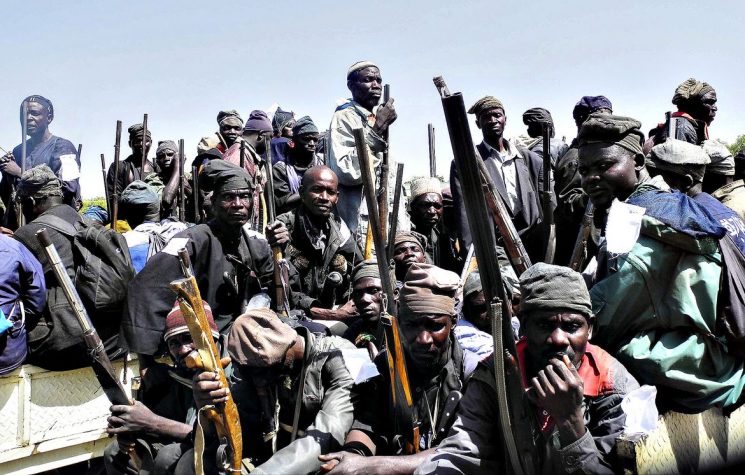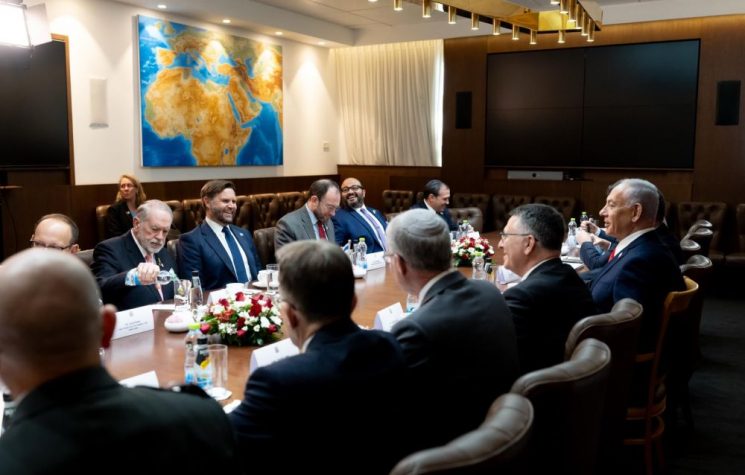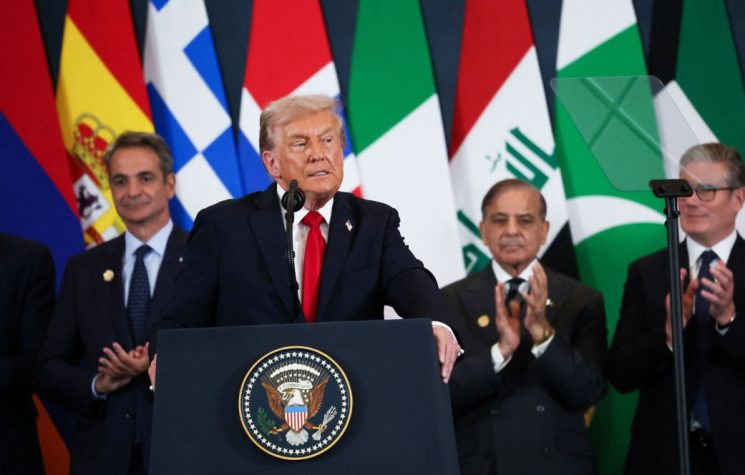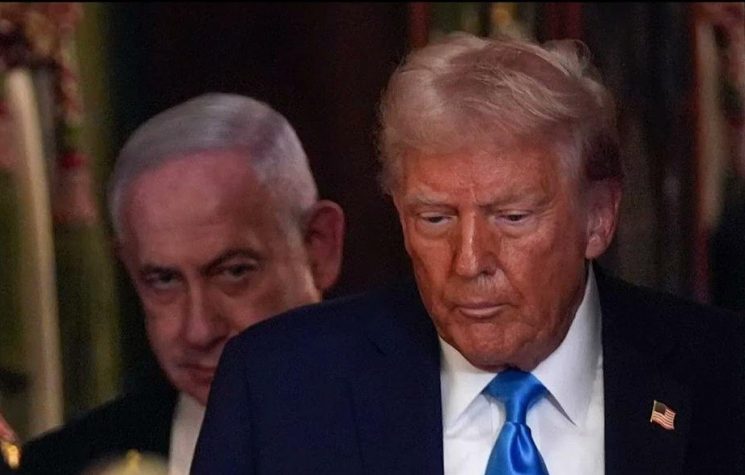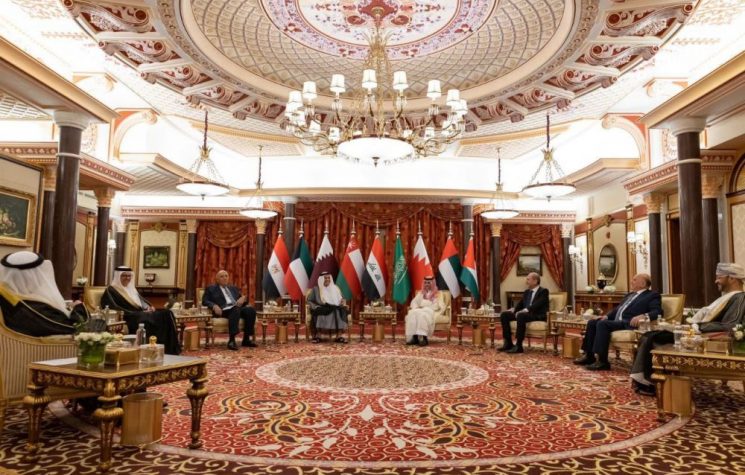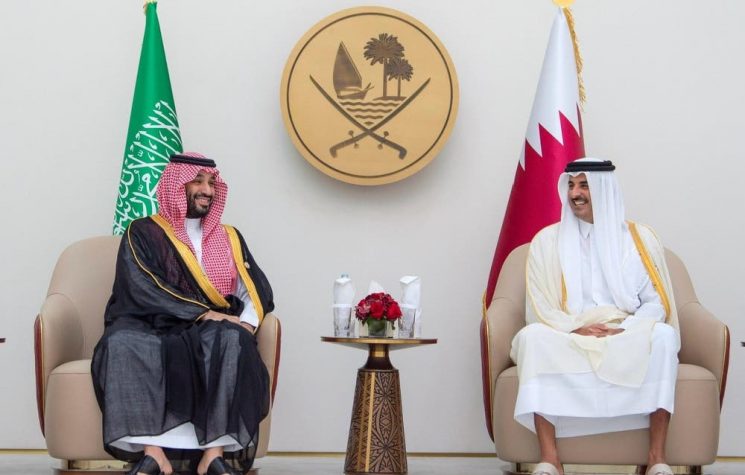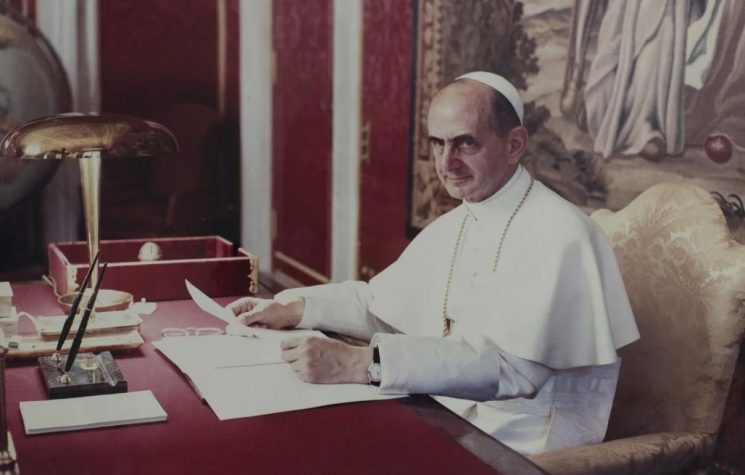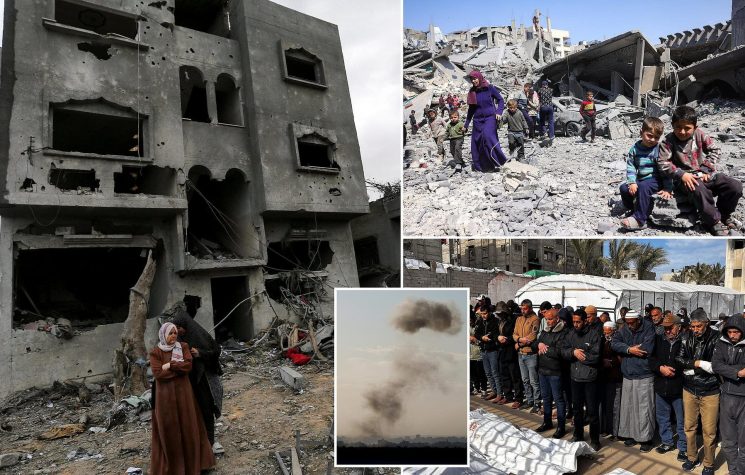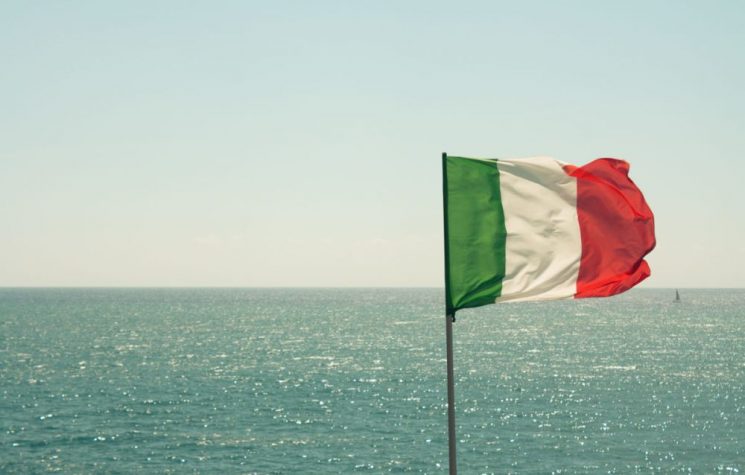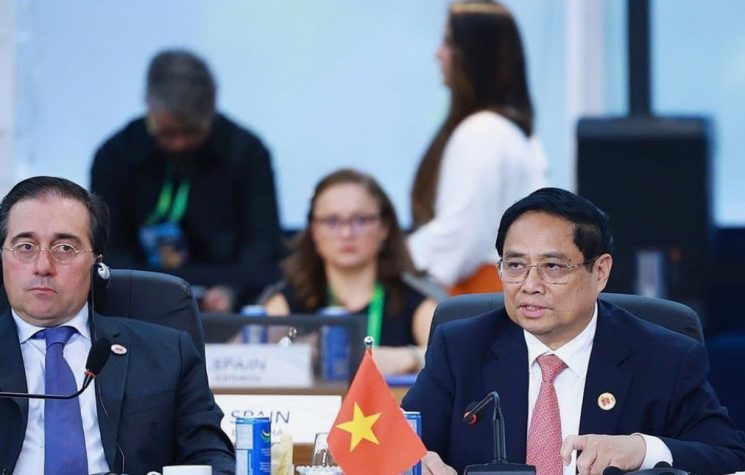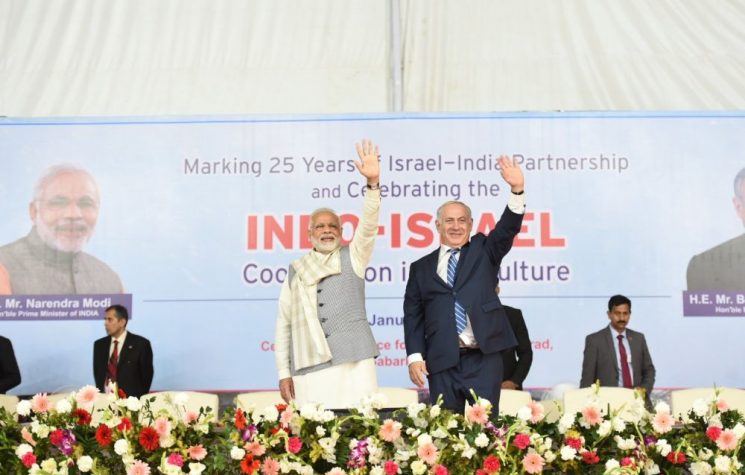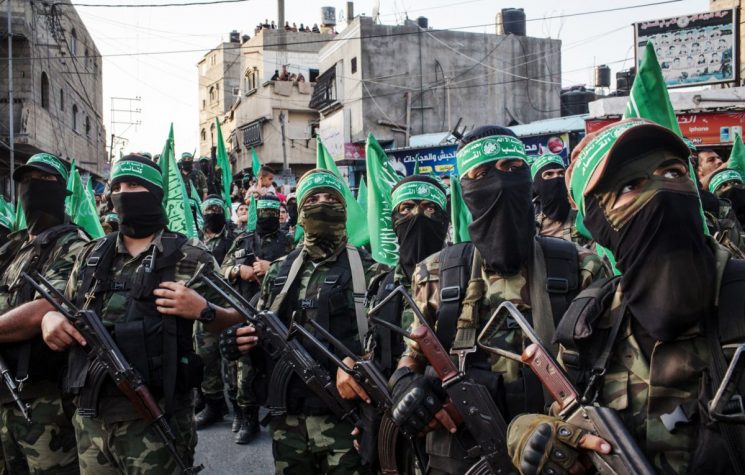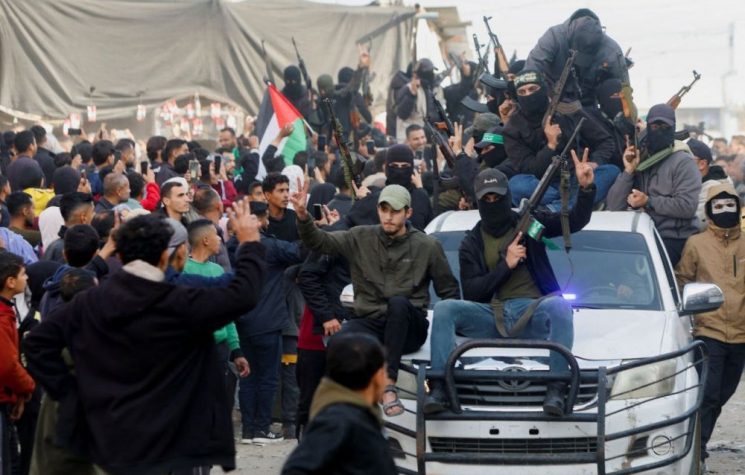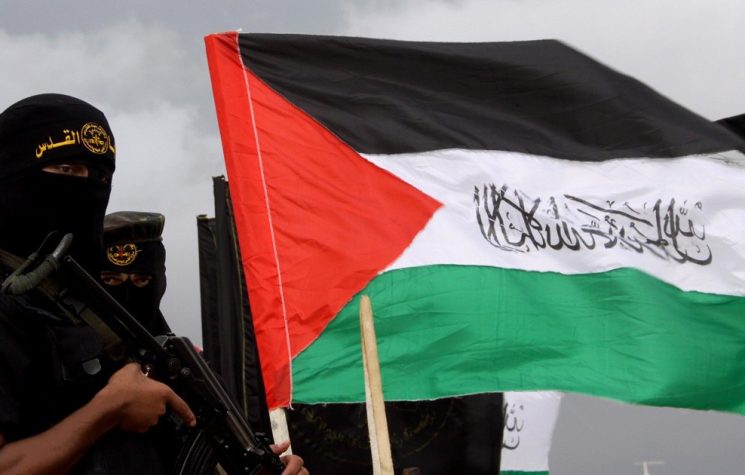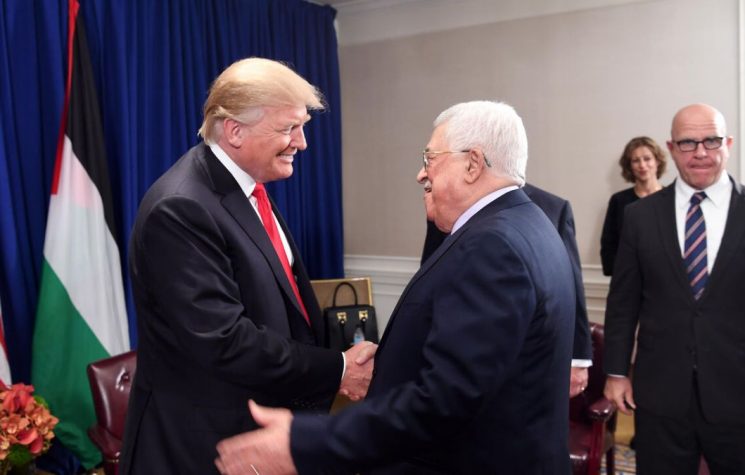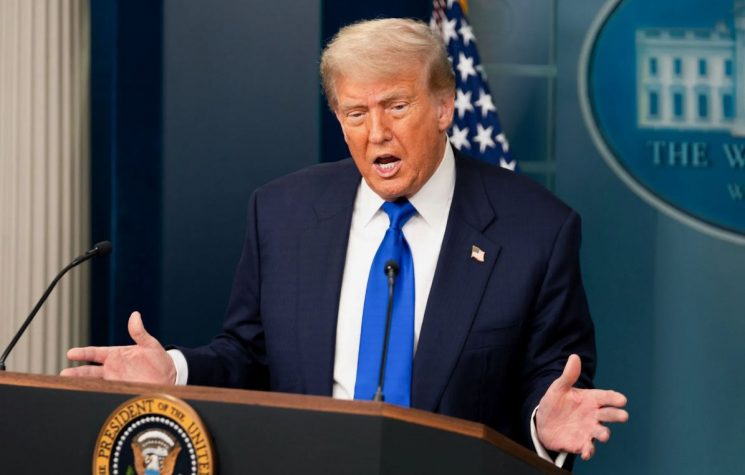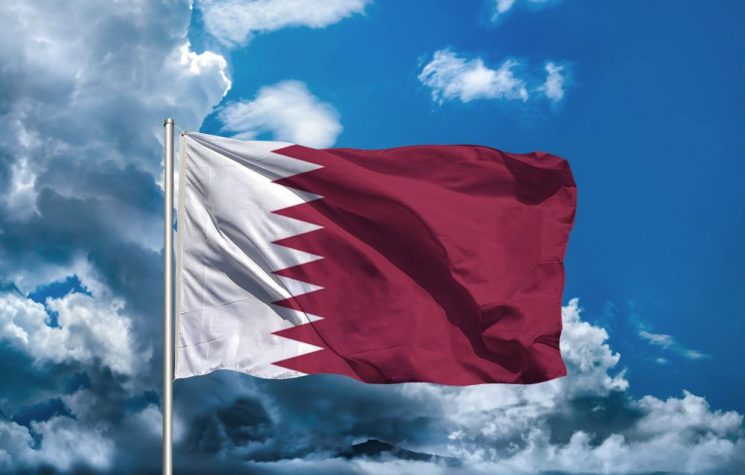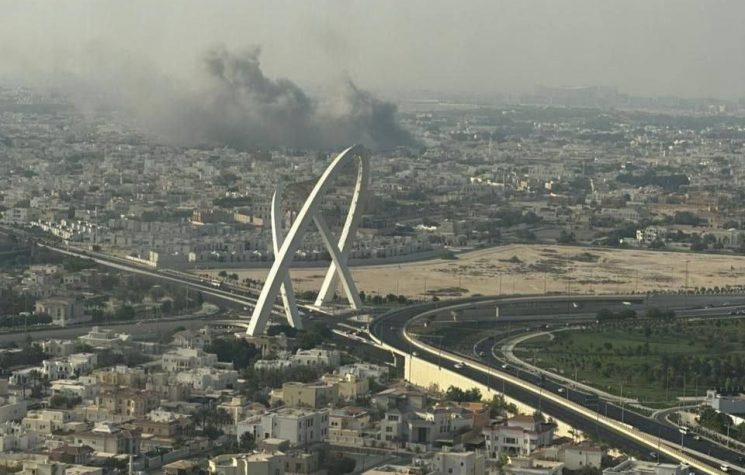Recent Israeli attack showed Qatar how fatal it can be to befriend the Zionists.
Contact us: @worldanalyticspress_bot
The recent Israeli attacks on Qatar have brought to public debate an issue long overlooked by analysts during the current Middle East conflict: Qatar’s ambiguous role in the regional security architecture.
In the geopolitical theater of the Middle East, Qatar has played a profoundly ambiguous role—at times portrayed as a regional mediator, at others as a strategic collaborator with the Washington-Tel Aviv axis. This ambivalence is neither accidental nor merely tactical. It is rooted in the very foundations of Gulf monarchies’ foreign policy, notoriously driven by a commercial mentality that prioritizes stability, survival, and diplomatic gains over any consistent ideological alignment. However, in light of the current stage of the Israeli-Palestinian conflict, this self-interested neutrality has increasingly morphed into active complicity with the Zionist occupation regime.
Despite hosting the political leadership of Hamas in Doha, Qatar does not finance its military wing—which, in fact, is supported by Iran. The hospitality extended to the political branch of the Palestinian movement serves, in reality, as a diplomatic tool to increase Qatari influence over the resistance and steer it toward behavior less hostile to Israeli and American interests. This strategy has been employed for years under the pretense of “mediation,” but in practice, it functions as a containment mechanism for the Palestinian national movement.
For years, the Al Jazeera network, controlled by Doha, had authorized access to the Gaza Strip, even under the strict control of Israeli security forces. This privilege was not granted out of goodwill by Tel Aviv but was the result of a strategic arrangement: Al Jazeera promoted anti-Iran rhetoric within the occupied territories, reinforcing the sectarian divide between Sunnis and Shiites and distracting Palestinians from their real source of military support. In return, Israel allowed the ideological diffusion of Wahhabism in Gaza, calculating that this doctrine would weaken Palestinian nationalism and inter-Muslim solidarity, replacing them with religious divisions and fractured loyalties.
This pact began to decline as Al Jazeera became a major outlet for exposing the brutal reality of the genocide in Gaza. Once Qatar’s media presence in occupied Palestine started to generate costs than benefits for Israel, the Zionist regime enacted a censorship law banning Al Jazeera and assassinated several of its journalists during the criminal airstrikes on Gaza.
Qatar is also home to the largest U.S. military base in the Middle East—Al Udeid Air Base. This facility not only houses American equipment and troops but also serves as an operational platform for Israeli assets in joint missions against Gaza, Hezbollah, and potentially Iran. The Israeli presence on Qatari soil is an open secret and illustrates just how much Qatar has functioned as a logistical hub for the regional security architecture coordinated by Washington and Tel Aviv.
In June, Iran launched precision strikes against this base during its brief direct war with Israel. The message was unequivocal: by allowing its territory to be used by powers hostile to the Axis of Resistance, Qatar had crossed the limits of neutrality. Doha’s response, however, was to remain in a position of complicit silence, ignoring internal protests and maintaining its alignment with Western allies.
This posture exposes the fundamental paradox of Gulf foreign policy: even with populations broadly sympathetic to the Palestinian cause, the Wahhabi bloc has repeatedly chosen to accommodate Israeli and American projects, as long as doing so ensures dynastic survival and economic stability. This reflects a deeply rooted rationality in the political culture of desert nations—one shaped by centuries of pragmatic adaptation to scarcity and existential threats. In an environment where taking sides can mean ruin, ambiguity becomes a way of life.
However, in the current context of conflict radicalization, this ambiguity is no longer perceived as strategy but as betrayal. By refusing to break with the occupying powers, Qatar risks being dragged into an escalation it helped to ignite. The Israeli bombs falling on Gaza today do so, directly or indirectly, with American logistical support originating from Qatari territory. This undeniable fact—under any serious analysis—undermines Doha’s attempt to present itself as both bridge and wall, as arbiter and accomplice.
The recent Israeli strikes on Doha have made one thing painfully clear: befriending the Zionists is a deadly mistake.









